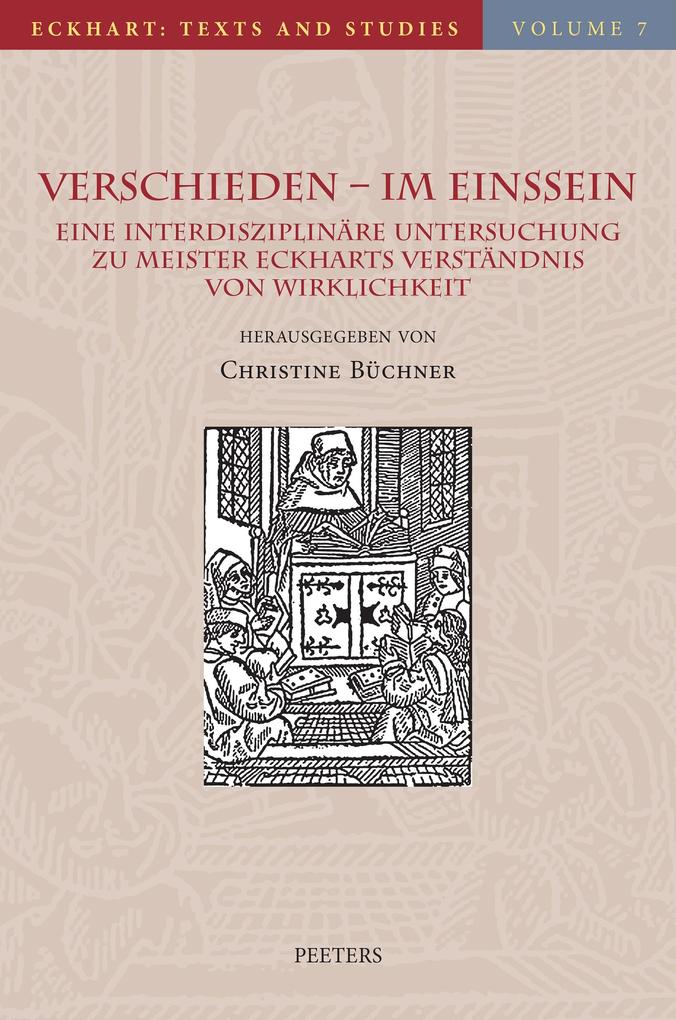This volume argues that the on-going fascination for the middle-age mystic, philosopher and theologian Meister Eckhart (1260-1328) has to do with his understanding of reality as a complex relationship of plurality and unity: as such it defies one-dimensional views and guides to approach it from plural ways. The contributions from different scholarly perspectives (philosophy, theology, history, philology) take this complexity into account and, ipso facto, demonstrate a paradigmatic shift in recent Eckhart research: away from closed terminologies (and attempts to place Eckhart''s thought therein) towards more process-oriented dynamic understandings of his work and the object of his work.












